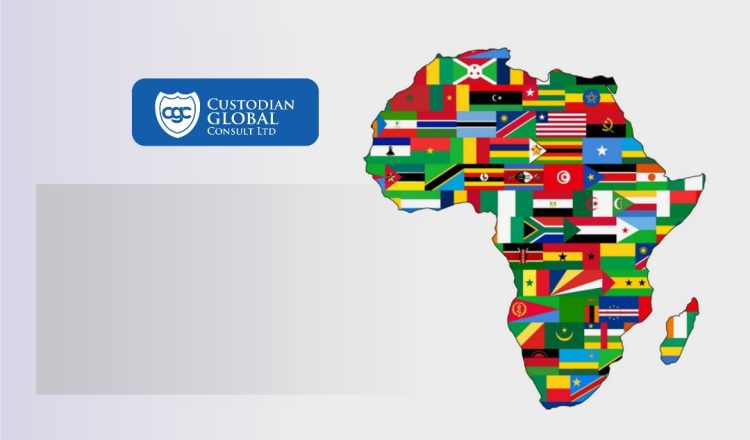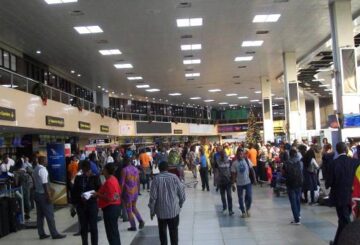In a recent report by Numbeo, a globally recognized data and research platform, the spotlight is on African cities with remarkable local purchasing power. This index, derived from the average net salary of a given region, unveils a fascinating perspective on the economic strength of these cities. The local purchasing power index is a critical component used alongside other metrics to gauge the overall cost of living, providing insights into the affordability of goods and services in comparison to international standards.
South Africa Dominates the Top Spots
South Africa emerges as a powerhouse in local purchasing power, claiming the top positions on the list. Pretoria leads the pack with an impressive index of 90.6, showcasing the city’s robust economic standing. Johannesburg and Cape Town follow closely, with indexes of 83.8 and 82.2, respectively. Durban and Port Elizabeth, also in South Africa, secure positions in the top five, underscoring the country’s economic diversity.
Namibia and Botswana Make the Cut
While South Africa dominates, other African nations make a notable appearance on the list. Windhoek in Namibia and Gaborone in Botswana secure positions, with local purchasing power indexes of 36.9 and 36.0, respectively. This inclusion highlights the economic stability and purchasing capacity beyond the borders of South Africa.
Challenges in North Africa
The list reflects diverse economic landscapes across the continent. However, North African cities such as Casablanca in Morocco, Sousse in Tunisia, and Agadir, also in Morocco, face challenges with local purchasing power, showcasing indexes of 32.9, 31.5, and 29.4, respectively. These rankings provide valuable insights for policymakers and businesses aiming to address economic disparities and improve local purchasing capacity.
Local Purchasing Power Index: A Comprehensive Measure
Numbeo’s local purchasing power index is a vital tool in comprehending the economic health of cities. It considers the average net salary, providing a nuanced understanding of residents’ ability to afford goods and services. When combined with other metrics like the rent index, cost of living plus rent index, grocery index, and restaurant price index, it contributes to a comprehensive cost of living index.
Implications for Businesses and Policymakers
For businesses eyeing investment opportunities and policymakers aiming to enhance economic conditions, this report offers a roadmap. Understanding the local purchasing power of residents is essential for tailoring strategies that resonate with the economic realities on the ground. It also highlights the need for targeted interventions in regions with lower purchasing power, fostering economic growth and sustainability.
List of the 10 African cities with the highest purchasing power
Rank City Country Local Purchasing Power Index
1. Pretoria South Africa 90.6
2. Johannesburg South Africa 83.8
3. Cape Town South Africa 82.2
4. Durban South Africa 68.0
5. Port Elizabeth South Africa 65.8
6. Windhoek Namibia 36.9
7. Gaborone Botswana 36.0
8. Casablanca Morocco 32.9
9. Sousse Tunisia 31.5
10. Agadir Morocco 29.4
Numbeo’s report showcases the economic diversity and potential across the continent. While South Africa’s cities dominate the rankings, the inclusion of cities from Namibia and Botswana underlines the varied economic landscapes. The challenges faced by some North African cities also spotlight the importance of addressing economic disparities.





